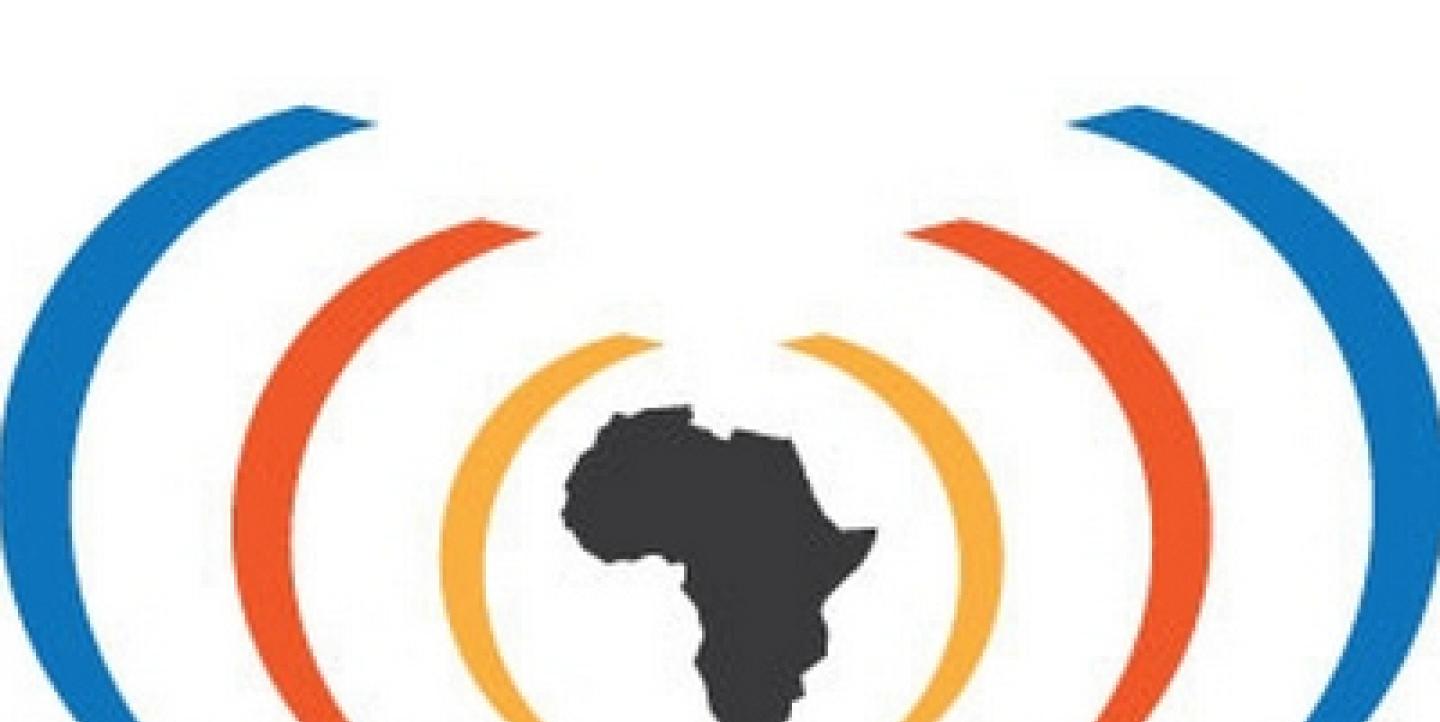“Information asymmetry — not the lack of information, but the inability to take in and process it with the speed and volume that it comes to us — is one of the most significant problems that citizens face in making choices about how to live their lives,” wrote Tom Fries in the Data Journalism Handbook.
A movement to solve that problem--with data-driven journalism--is emerging across the world. Nowhere is this growing movement more vibrant than in Africa, where an intensive boot camp is becoming the model for kick-starting data journalism in developing countries.
The African Media initiative (AMI) is leading a series of data journalism boot camps for journalists, developers and others in countries including Kenya, Tanzania, South Africa, Moldova and Ghana, where a three-day session is underway this week in Accra.
“Participants arrive not knowing how to use a simple spreadsheet, and leave having scraped basic data off the Web, built their first narrative map, their first data visualization, and their first semantic databases,” says media strategist Justin Arenstein, who helped AMI organize the boot camp as part of his Knight International Journalism Fellowship.
“We do this by flying in some of the world's top data journalism trainers and practitioners, ensuring there are a minimum of eight trainers per boot camp,” Arenstein says. Experts from Google, the Guardian newspaper's award-winning data team, the Center for Investigative Journalism in the U.K., the Open Knowledge Foundation and OpenSpending.org in Germany, and mapping and GIS development firm Upande in Kenya lead the training. The boot camps are receiving tech support from Google and funding from the World Bank Institute.
Participants learn to “find, extract, and analyze public data, using powerful forensic tools, to tell better informed stories. They will also work in teams to build news-driven mobile apps and civic engagement websites, to augment traditional news reportage,” according to the boot camp website. The best of these projects will receive seed funding of $2,000 to help develop prototypes, Arenstein says.
The sessions don’t simply train people and move on to the next city. They usher participants into a community pursuing data-driven journalism throughout Africa.
“The boot camps feed into our HacksHackers network, which currently has chapters in 10 major cities across Africa, helping 'graduates' of our boot camp to continue to hone their skills through monthly meetups after the boot camp. The boot camps are followed by DataLiberation scraperthons (with the central data repository, www.AfricaOpenData.org, now the largest open data source in all of Africa), which in turn are followed by 48-hour Code4Democracy hackathons,” Arenstein says. “We also (through Google) conduct regular newsroom-based masterclasses to teach advanced follow-up skills for boot camp graduates.”
After he saw Arenstein’s tweet about the boot camp, system integrations engineer Jean Luc Nta à Nwamekang traveled at his own expense from Benin to Ghana for this week’s boot camp. After the first day, he said via email, “I am ready to do the same journey or more to learn more again. [This is] the kind of aid we need in Africa, learning and be well-equipped to compete with others and claim an international standing.”
Follow the conversation about the boot camps by searching for the hashtag #dbootcamp on Twitter.


